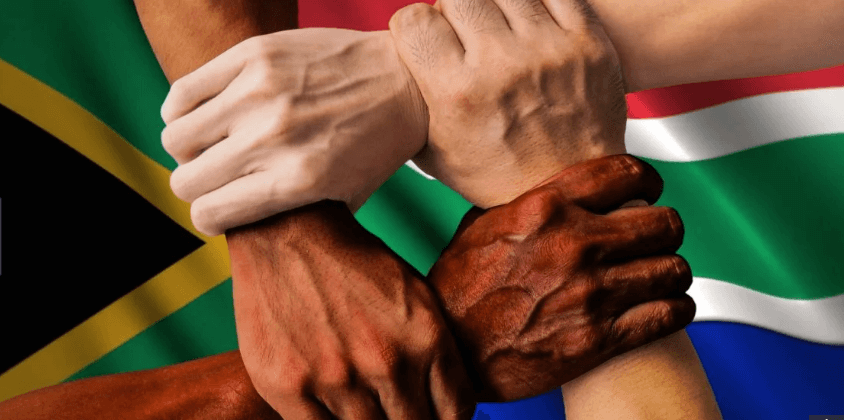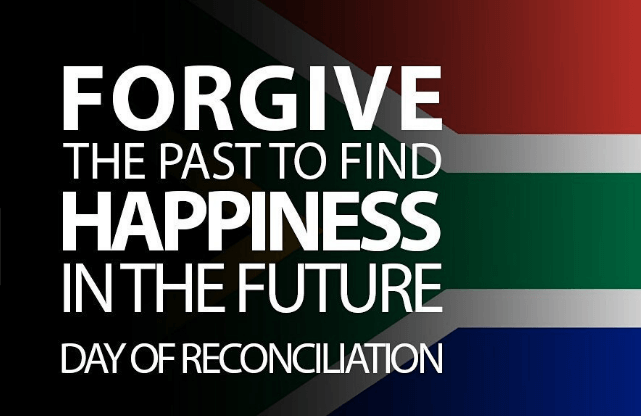There is nothing better than a holiday that falls in the middle of a holiday. To add on to that, on a Sunday meaning that it extends to Monday. That is just the best that there is. We are talking about the Day of Reconciliation.

The Story Behind the Day of Reconciliation
Since we know that all of Mzansi is enjoying the holiday, allow us to give a bit of history. We cannot have people relaxed and celebrating a holiday that they have no idea of how it came to be, now can we? As soon as we are done, we promise that we will let you go back to enjoying your holiday and your online casino games at Punt Casino.
Battle of Blood River
This battle took place on December 16, 1838. It was between the Voortrekkers and Zulus. The Voortrekkers moved to the interior of South Africa during the Great Trek. As a result, they were eager to settle on the land. The land had, however, had been inhabited by the Zulu people.
Piet Retief, the Voortrekkers leader wanted to negotiate with the Zulu Chief, Dingane. However, the Zulu chief misunderstood his intentions. This in resulted in Dingane ambushing Retief and killing him. Naturally, such was act was not taken lightly and it, in turn, sparked the Battle of Blood River. In this battle, 470 Voortrekkers defeated the Zulu army of 10 000 men as they had the advantage of gunpowder. The Day of the Vow is the name given to the Voortrekkers victory.
Umkhonto we Sizwe and Apartheid
In 1961 December 16, Umkhonto we Sizwe was formed, this was a military wing on the ANC. Its mandate was to wage an armed struggle against the apartheid government. Umkhonto we Sizwe performed mostly acts of sabotage. However, in 1963 the leaders were arrested. Despite this, the formation of the group has been commemorated since then.
The Day of Reconciliation
The Day of Reconciliation came to be on the 16th of December 1995. The date was chosen because of the Battle of the Blood River and the formation of Umkhonto we Sizwe. The day was formed to symbolize reconciliation and national unity in South Africa.














